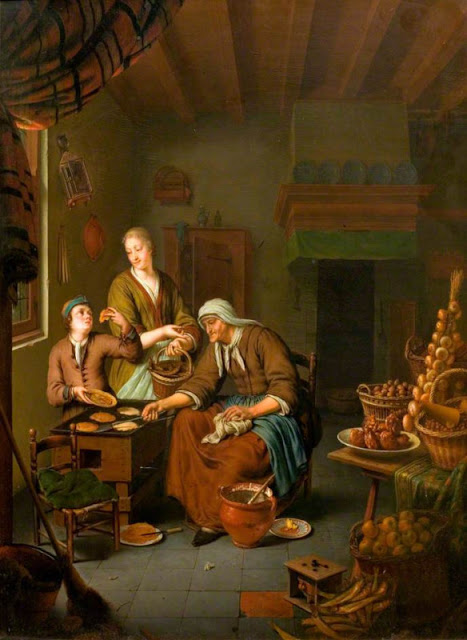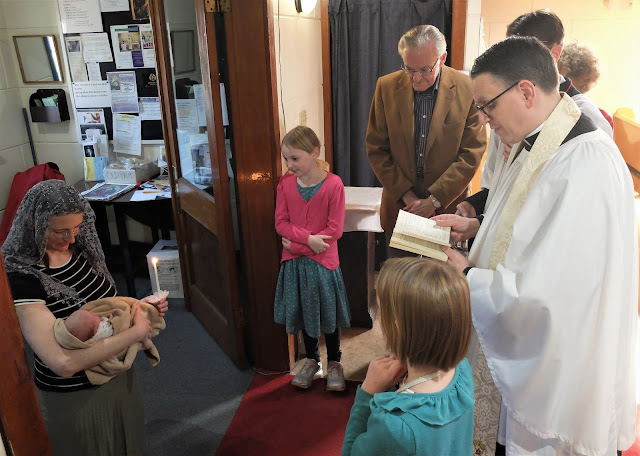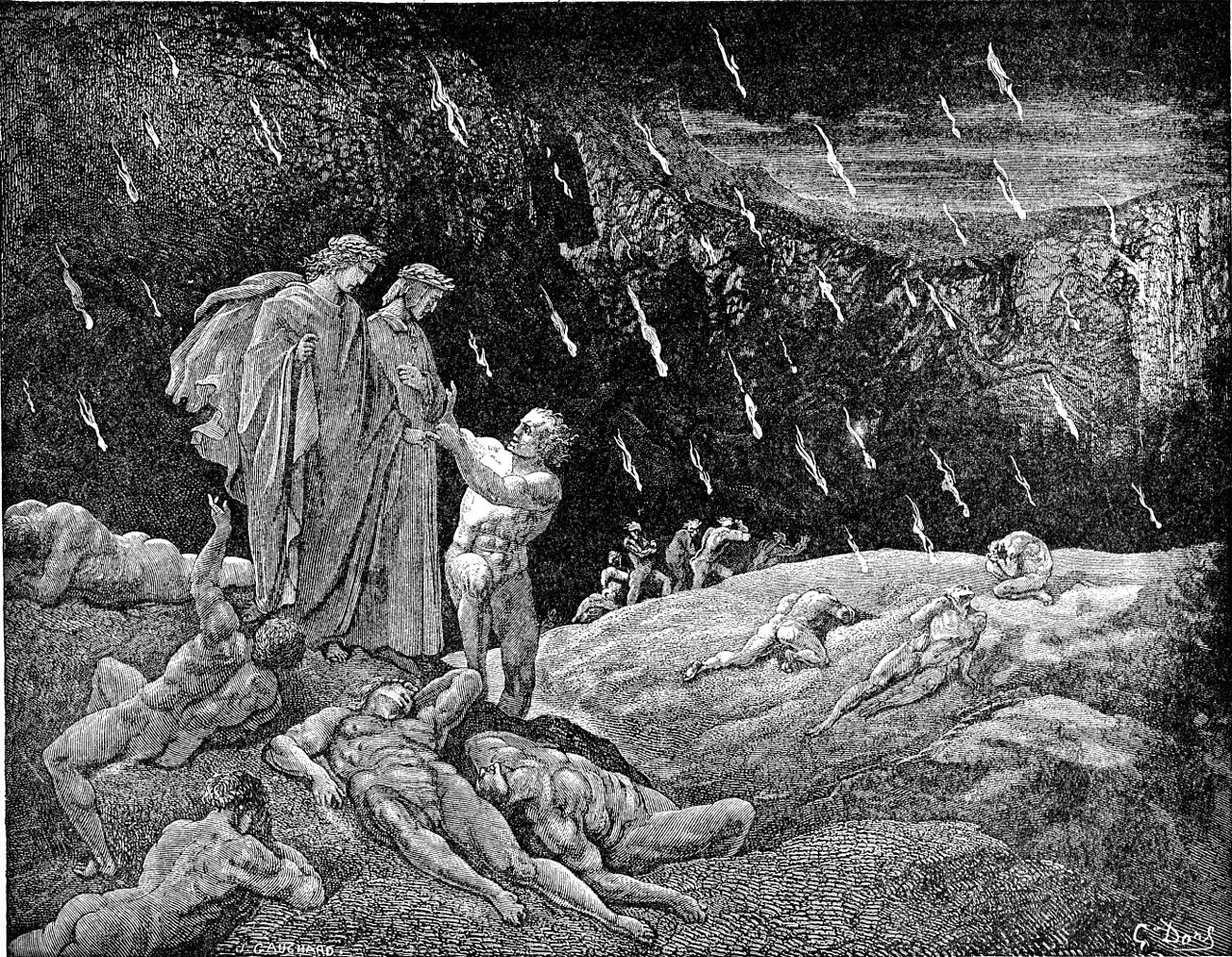Shrovetide Recap: Get Shriven!

A 2019 article at CNA by Mary Farrow, featuring comments by Fr. James Bradley and edited for this blog, captures essential features of the season of Shrovetide, which ends today. https://www.catholicnewsagency.com/news/how-to-pregame-lent-septuagesima-carnival-and-shrovetide-56266 Septuagesima Sunday, follows Sexagesima, and Quinquagesima Sundays. Sunday kicks off Carnival season, which comes right before Shrovetide, which culminates in Shrove Tuesday - more popularly known as Mardi Gras. [...] “Septuagesima is kept in the personal ordinariates established by Pope Benedict XVI for former Anglicans, now within the full communion of the Catholic Church,” said Father James Bradley, a priest from the Personal Ordinariate of Our Lady of Walsingham in the United Kingdom. “Septuagesima is still marked in the older Anglican prayer books, and is part of the Anglican patrimony preserved by Divine Worship: The Missal, used by the ordinariates,” Bradley told CNA.






